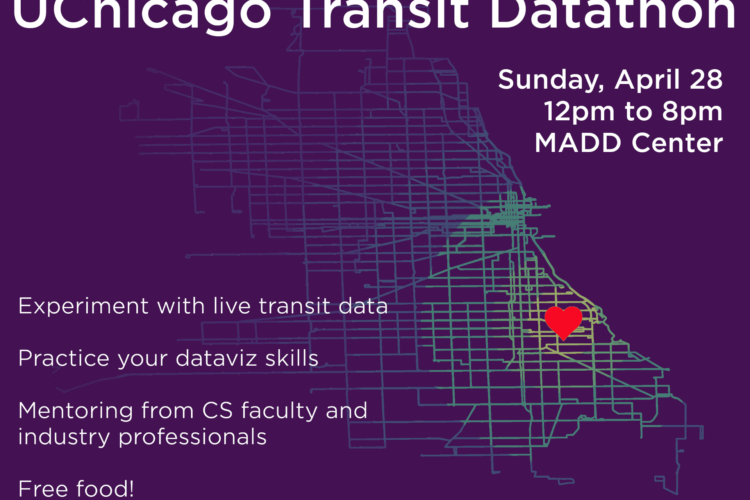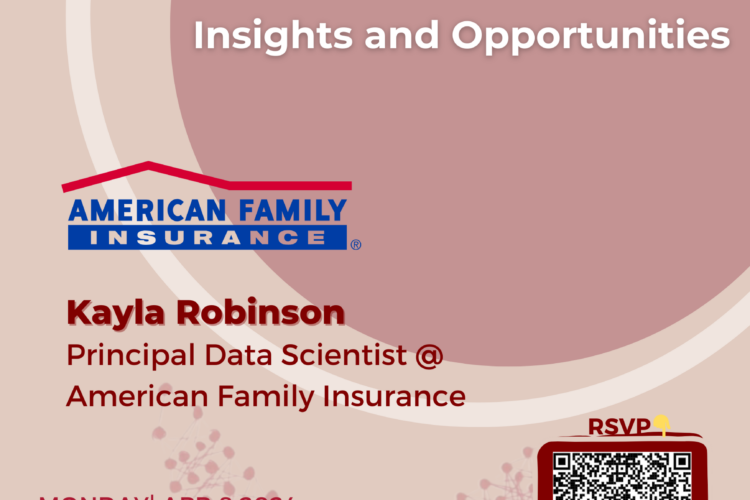Alex Kale (U. of Washington) – Data Interfaces for Reasoning with Uncertainty
The need to think with data permeates our world today, yet failures to account for how people reason with uncertainty undermine some of our current approaches to thinking with data. For example, the status quo in public-facing visualizations (e.g., of Covid-19, election forecasts, or economic indicators) is to present data without making uncertainty information explicit, catering to people’s natural tendencies to ignore or downplay uncertainty. Even when we do quantify uncertainty and show it in data visualizations—e.g., as error bars depicting a range of expected outcomes—lay audiences and statistically savvy analysts alike tend to misinterpret these visual representations. I will describe how I address these problems: (1) by creating formalisms and experiments to capture what makes reasoning with uncertainty difficult in the context of real-world tasks like decision making, and (2) by building prototypes of data analysis software to test design hypotheses derived from empirical findings and theories of data cognition. Together, these formalisms and tools advance theories of what makes a visualization effective, beyond the ability to easily read numbers from charts. I will demonstrate how visualizations and data analysis tools can promote new ways of thinking with uncertainty that are less error prone. Throughout my talk, I will challenge conventional assumptions about how people use visualizations, opening the door to new ways of designing and building software for data analysis.
 Bio: Alex Kale is a PhD candidate at the University of Washington Information School and a visiting scholar in Computer Science at Northwestern University. He studies how people reason with uncertainty in data visualizations and analysis software, developing formalisms to bridge software evaluation and design. Alex publishes in top Human-Computer Interaction and Visualization venues such as ACM CHI and IEEE VIS, where his work won Best Paper and Honorable Mention Awards. Alex’s work demonstrates gaps in dominant theories and models of what makes a visualization effective for inferences and decision making. Alex will finish his PhD in June of 2022. He holds a B.S. in Psychology with Honors (2015) and a M.S. in Information Science (2020) from the University of Washington.
Bio: Alex Kale is a PhD candidate at the University of Washington Information School and a visiting scholar in Computer Science at Northwestern University. He studies how people reason with uncertainty in data visualizations and analysis software, developing formalisms to bridge software evaluation and design. Alex publishes in top Human-Computer Interaction and Visualization venues such as ACM CHI and IEEE VIS, where his work won Best Paper and Honorable Mention Awards. Alex’s work demonstrates gaps in dominant theories and models of what makes a visualization effective for inferences and decision making. Alex will finish his PhD in June of 2022. He holds a B.S. in Psychology with Honors (2015) and a M.S. in Information Science (2020) from the University of Washington.

PalmWatch How-To: Learn how you can use PalmWatch in your research or reporting

First Annual UChicago Transit Datathon

Navigating the Data Science Job Market: Insights and Opportunities
